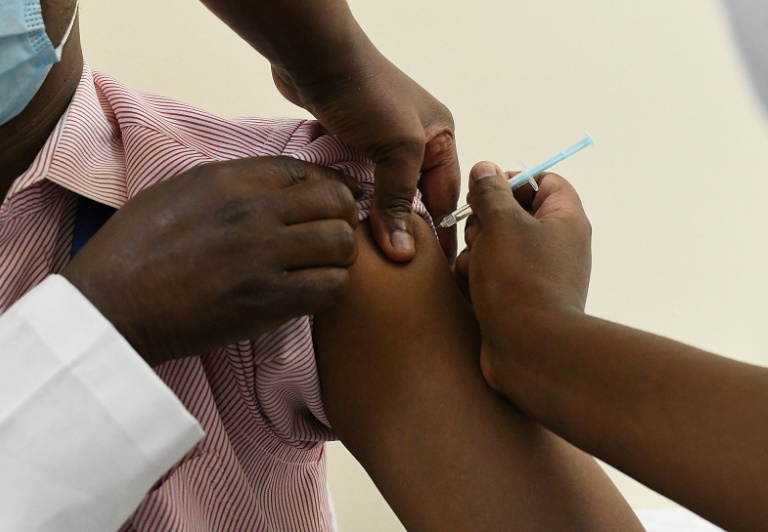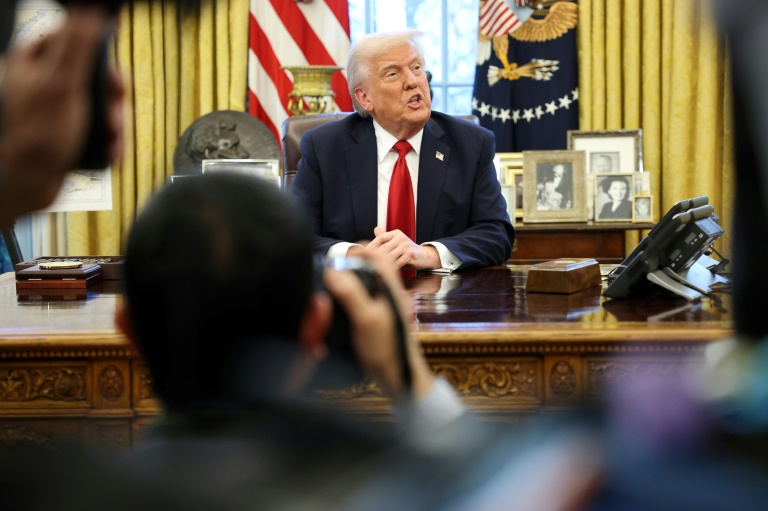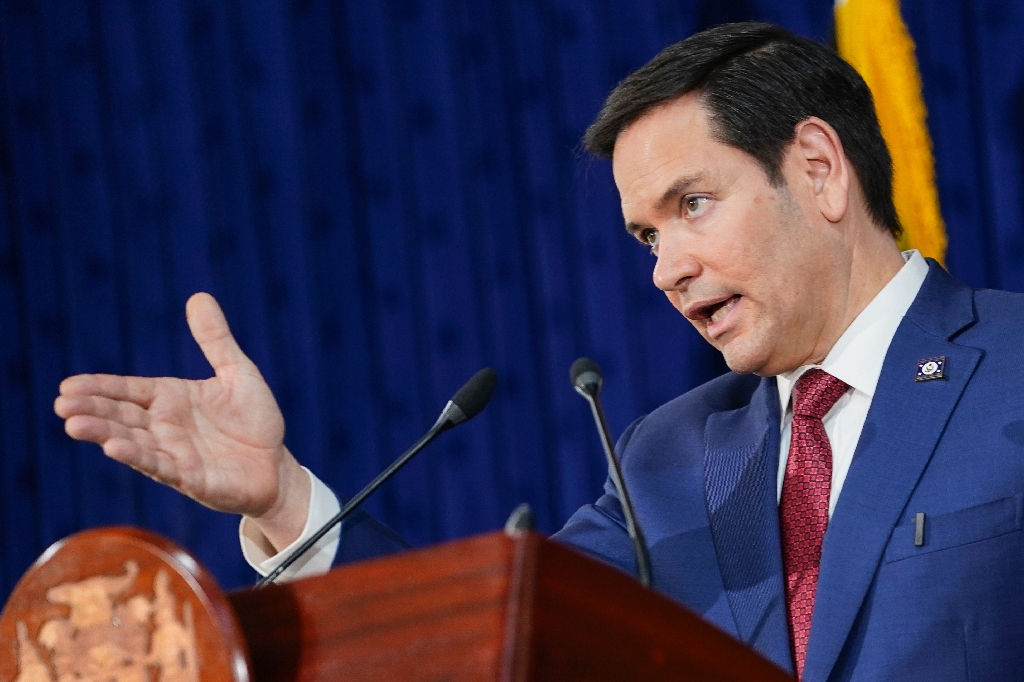Former US president Donald Trump filed a motion on Thursday seeking the dismissal of federal election conspiracy charges on the grounds he cannot be prosecuted for actions he took while in the White House.
Trump, the frontrunner for the 2024 Republican presidential nomination, is to go on trial in Washington in March of next year for allegedly conspiring to subvert the results of the November 2020 election won by Democrat Joe Biden.
The former president’s lawyers, in a 52-page motion to US District Judge Tanya Chutkan, argued the charges should be thrown out. “The Court should dismiss the indictment, with prejudice, on grounds of Presidential immunity,” they said.
Trump’s bid to invoke the presidential immunity defense is considered a long shot by legal observers but it could result in a delay to the start of the trial as the argument wends its way up to the conservative-dominated Supreme Court.
Trump’s attempts to use the so-called “absolute immunity” defense in other cases have been rebuffed by judges, but the nation’s highest court has never ruled directly on whether a former chief executive is immune from criminal prosecution.
Trump is the first former US president to face criminal charges.
Trump’s attorneys, citing a Supreme Court case involving former president Richard Nixon, said the law provides “absolute immunity” to the president “for acts within the ‘outer perimeter’ of his official responsibility.”
“Breaking 234 years of precedent, the incumbent administration has charged President Trump for acts that lie not just within the ‘outer perimeter,’ but at the heart of his official responsibilities as President,” they said.
As chief executive, they argued, Trump had a responsibility to “ensure election integrity” and was within his rights to challenge the results of the 2020 vote.
“The prosecution falsely claims that President Trump’s motives were impure — that he purportedly ‘knew’ that the widespread reports of fraud and election irregularities were untrue but sought to address them anyway,” they said.
“The indictment is based entirely on alleged actions within the heartland of President Trump’s official duties, or at the very least, within the ‘outer perimeter’ of his official duties.
“As President Trump is absolutely immune from criminal prosecution for such acts, the Court should dismiss the indictment.”
– ‘Unsettled question’ –
While making the argument that Trump cannot be prosecuted, his lawyers acknowledged the Nixon case they cited involved the civil liability of a former president and not alleged criminal conduct.
“No court has addressed whether such Presidential immunity includes immunity from criminal prosecution for the President’s official act,” they said. “The question remains a ‘serious and unsettled question’ of law.”
The case before Chutkan accuses Trump of conspiracy to defraud the United States and conspiracy to obstruct an official proceeding — the January 6, 2021 joint session of Congress that was attacked by a mob of Trump supporters.
Trump, the sole defendant in this indictment, is also accused of seeking to disenfranchise American voters with his false claims he won the 2020 election.
Other criminal cases against Trump include racketeering charges in Georgia for allegedly conspiring to upend the election results in the southern state and a trial in Florida in May 2024 on charges of mishandling top secret government documents.
Trump and his two eldest sons are also currently facing a civil fraud trial in New York for inflating the value of their real estate assets to receive more favorable bank loans and insurance terms. – Chris Lefkow




